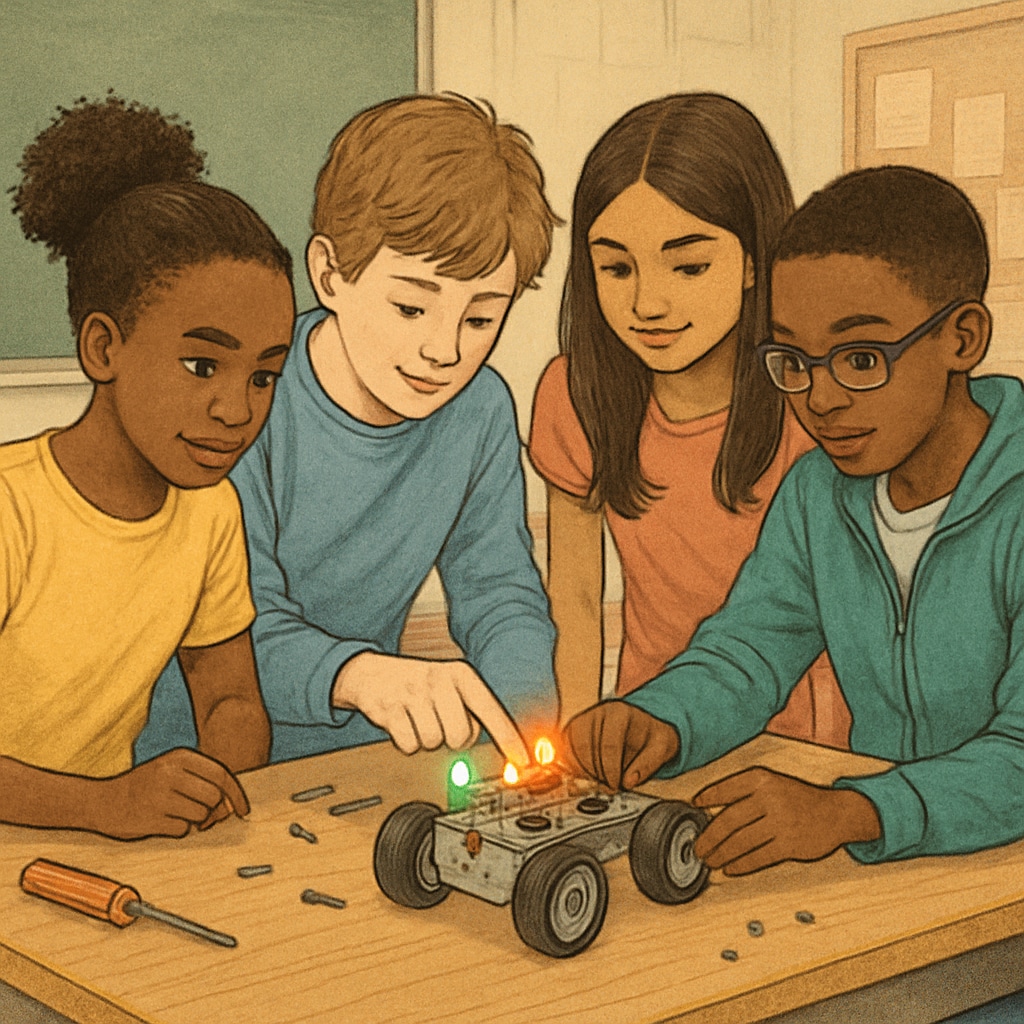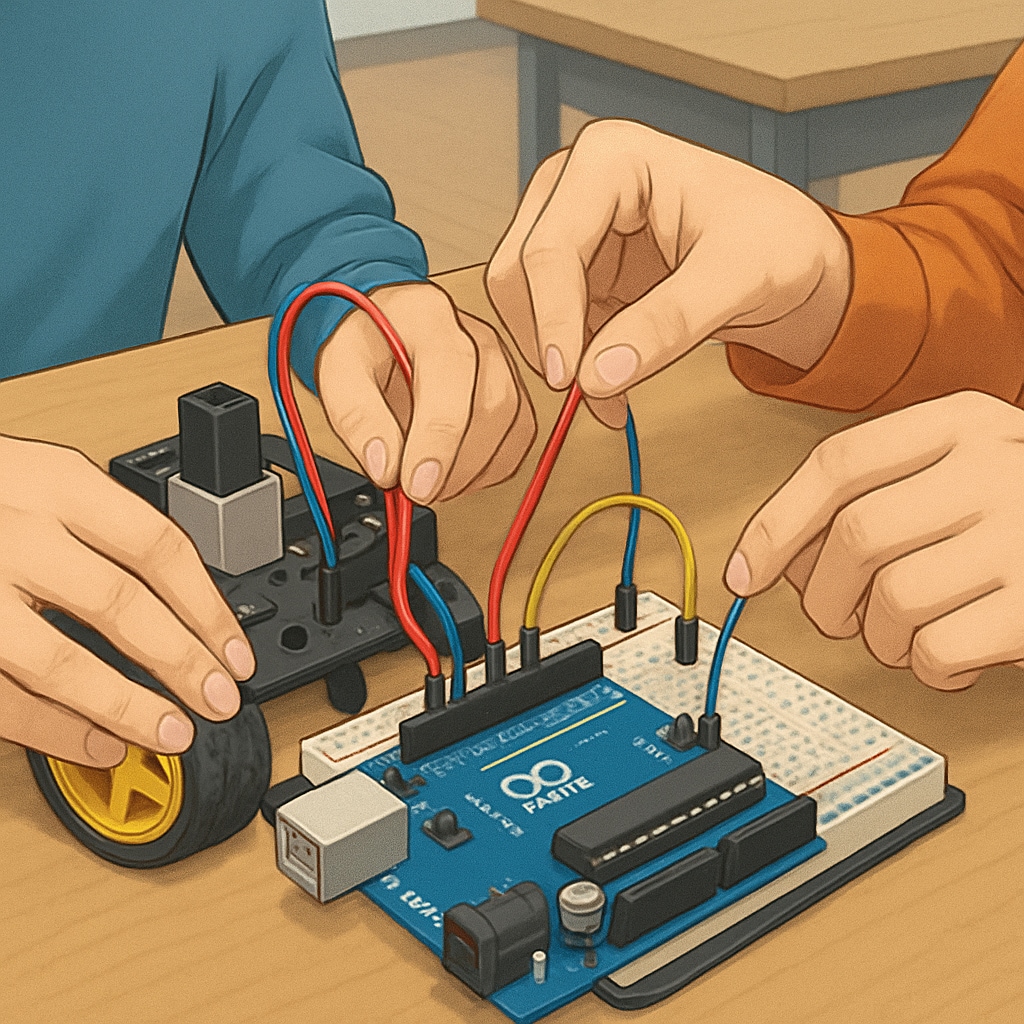Robotics course, project-based learning, and entry-level robotics merge in this groundbreaking 7-day program designed specifically for K12 students with zero prior experience. Unlike traditional STEM approaches that separate theory from practice, this curriculum delivers immediate hands-on engagement through carefully scaffolded projects.

Why Project-Based Robotics Works for Beginners
Research from the Project-Based Learning Institute confirms that students retain 70% more content when learning through concrete projects rather than abstract lectures. Our week-long program applies this principle through:
- Daily achievable milestones that build confidence
- Pre-designed mechanical components requiring only basic assembly
- Visual programming interfaces (like Scratch-based tools)
- Troubleshooting exercises that teach engineering thinking
7-Day Breakdown: From Zero to Functional Robot
The curriculum follows the engineering design process as defined by the Encyclopedia Britannica, compressed into an age-appropriate timeline:
- Day 1: Understanding robot components (motors, sensors, control units)
- Day 2: Mechanical assembly fundamentals
- Day 3: Basic circuitry and power systems
- Day 4: Introductory programming concepts
- Day 5: Sensor integration and testing
- Day 6: System troubleshooting and refinement
- Day 7: Final presentations and iterative improvements

Scaffolding Complex Concepts for Young Learners
Rather than overwhelming students with technical jargon, the course introduces engineering principles through:
- Analogies comparing robot systems to human body functions
- Color-coded wiring and component labeling
- Failure-based learning activities where mistakes become teaching moments
- Peer collaboration requirements that build communication skills
Implementation note: Schools can adopt this program using affordable robotics kits under $100 per student. The modular design allows adaptation for different age groups by adjusting programming complexity and mechanical challenges.


